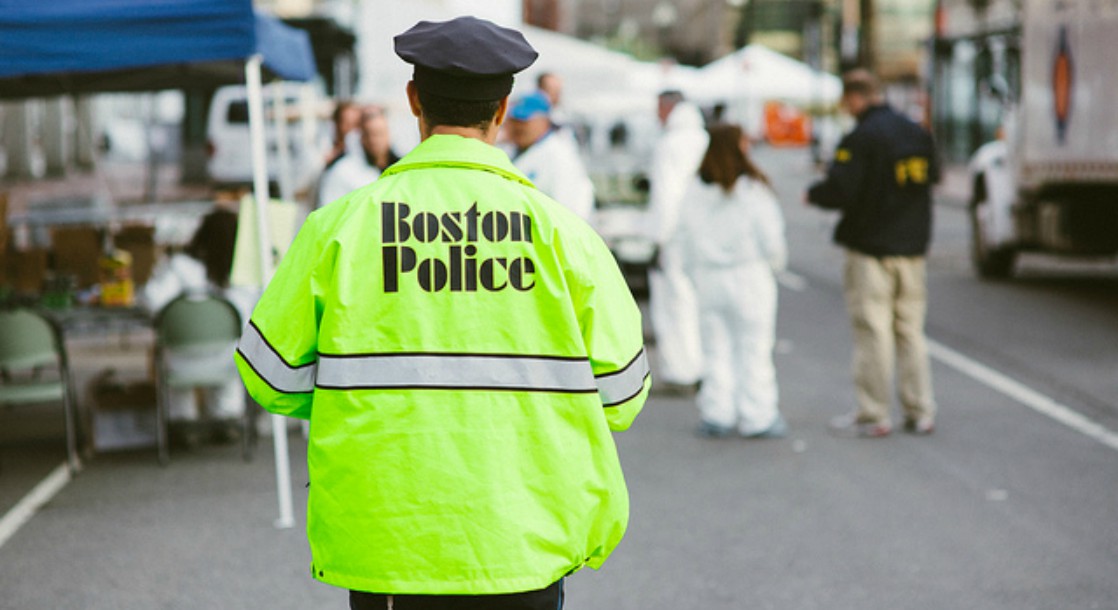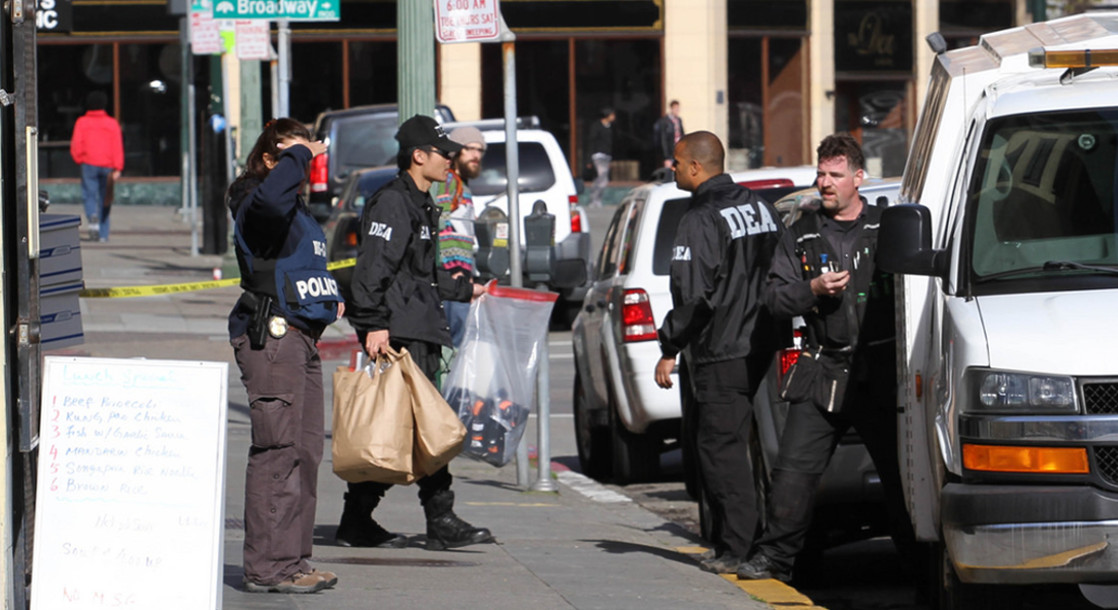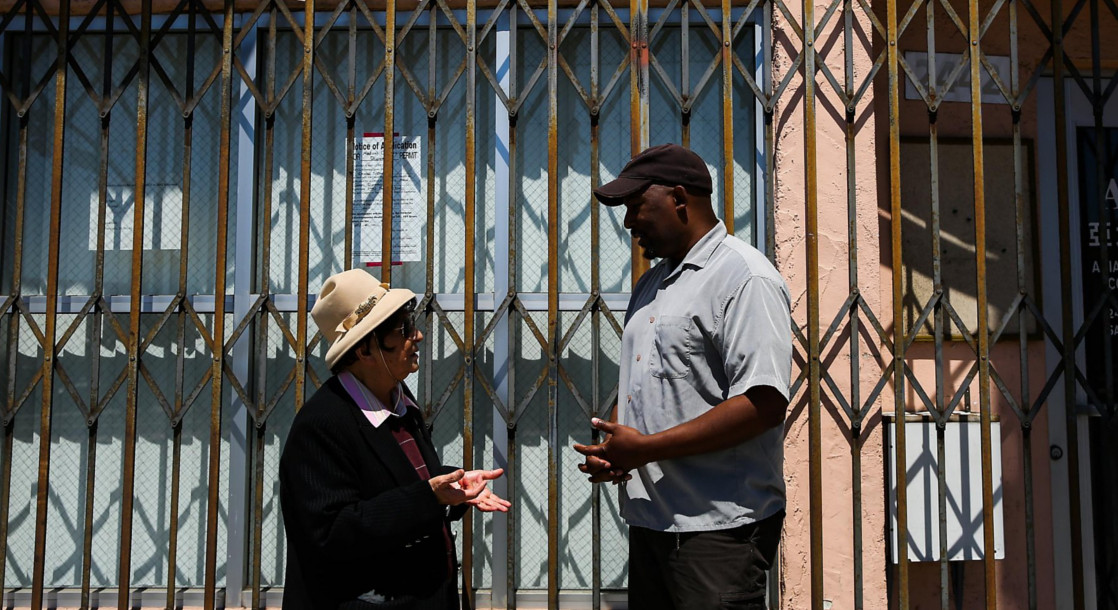While the West Coast has fully embraced cannabis reform and a move towards recreational legalization, America’s East Coast has been more reluctant, with zero recreational pot shops currently operating east of the Mississippi. Prohibition is ending quickly, though, and a number of eastern seaboard states are starting to step up, with Massachusetts leading the way in both legislative action and the reform of everyday pot policing. Legal weed sales in the Bay State are set to start next year, and Mass. cops have already cut marijuana arrests to a fraction of their past year totals, but despite the positive trend, racist policing still persists, with the state’s black residents four times as likely to face a cannabis charge as their white peers.
According to the Boston Globe, a new amalgamation of data from almost all of Massachusetts’ individual municipalities and state law enforcement agencies collected by the FBI shows only 308 arrests for marijuana possession across the state in 2016. This figure is down exactly 50% from 2014’s 616 arrests, and over 95% from the 8,695 possession charges levied in 2008, the last year before the state passed cannabis decriminalization, which made possession of up to one ounce of pot a ticketable offense instead of a criminal one.
In addition to the drop in possession arrests, similar changes can be seen in marijuana distribution and cultivation charges, a section of state law that was not changed by decriminalization, with 545 total arrests in 2016, down almost 50% from 1,031 in 2013.
For a state that is still sorting out recreational sale regulations, the policing reform is more than encouraging, and full legal status is presumably set to decrease those arrests even further. But as Bay State residents, businesses, and law enforcement officers look forward to legalization, it is important to recognize that the state still has significant amounts of work to be done to eliminate racist policing tendencies.
As the total arrest numbers resulted in less of Massachusetts’ black residents behind bars, the state’s POC population was still arrested for possession at a rate four times higher than their white peers, and for cultivation or sale of marijuana at a rate seven times higher than the state’s white residents. In 2016, 28.9% of all possession charges and 42.2% of all growing and selling charges were brought against black people – a group that makes up only 8.2% of the state population.
Like legal weed states on the west coast that have collected millions in tax revenue but still report biased policing, Massachusetts has still not figured out how to turn marijuana reform into comprehensive police reform, a notion that has not been lost on Massachusetts Cannabis Control Commission, and woman of color, Shaleen Title.
“Arrests decline dramatically, but the racial disparities in the remaining arrests don’t necessarily disappear,” she said. “As our state law specifically acknowledges and addresses, the war on drugs has been disproportionately waged against certain communities. This new data confirms that legalization alone does not solve the disparity.”
Until racist policing is specifically handled as its own issue, law enforcement agencies and officers across the country have proven time and again that they will always find a way to unfairly persecute people of color. Title has called on the public and policy makers to come up with solutions to address the continued racism in law enforcement.











